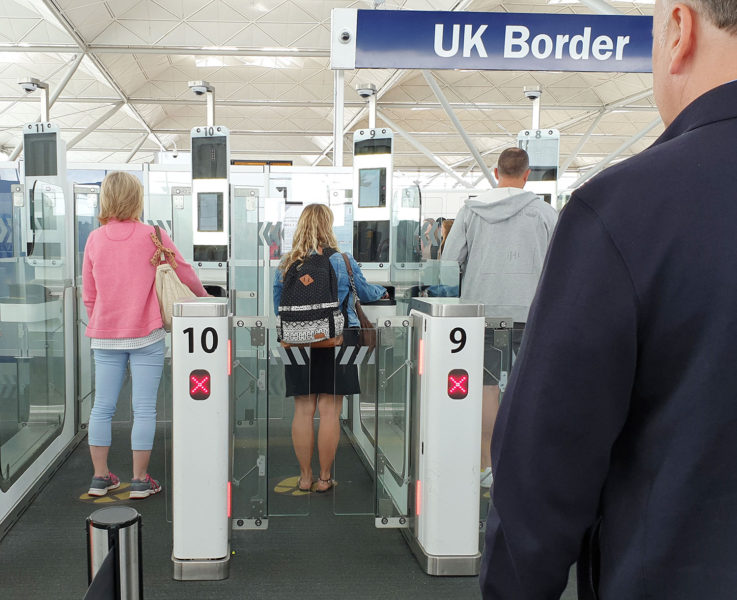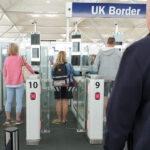
The e-passport market is expected to grow at a compound annual growth rate (CAGR) of 24.8 pc from 2023 to 2032
The global e-passport market was valued at USD 28.8 billion in 2022 and is projected to reach USD 256.2 billion by 2032.
According to a press statement, the e-passport market is expected to grow at a compound annual growth rate (CAGR) of 24.8 pc from 2023 to 2032.
The statement adds that the development of airport infrastructure and the emergence of enhanced verification technologies to identify fraud are two significant factors driving the global e-passport market.
A rise in cross-border travellers has also fuelled the expansion of the worldwide e-passport industry, says the report. Over the course of the projected period, the travel industry’s increased usage of wireless communication technology is anticipated to present lucrative chances for worldwide market advancement.
The statement adds that to combat identity theft, e-passport manufacturers have incorporated a number of extra electronic and optical security elements, which has boosted market development. The market is expected to rise due to the increasing introduction of microprocessor-based passports and the fast acceptance of advanced microprocessor-based passport services in developed nations and aim to improve traveller convenience.
According to the report, the market is growing as a result of increased expenditures made by public and private entities to build cutting-edge airport infrastructure in Asia-Pacific and Latin America. Furthermore, a number of nations worldwide are implementing cutting-edge technologies, like face recognition software, geographic information systems and biometric passport technology, to detect threats and fraud at airports. Additionally, a number of airport development firms have been enhancing airport operating performance and efficiency via the use of digital technology.
The future growth of the market is anticipated to be bolstered by the increased integration of wireless technologies, such as smart cards in e-passports, which offer airline industries numerous benefits like improved security of biometric information like fingerprints, iris scans, palm scans, and digital signatures.
The statement adds that the use of radio-frequency identification (RFID) tags and readers in e-passport technology to automatically monitor and identify traveller data like name, age, and address offers profitable prospects for market expansion. Additionally, radio frequency signal integration in e-passport technology allows for the safe transmission of traveler data to airline firms, driving the e-passport market’s expansion.
A number of airport businesses have been increasing their income and streamlining their business processes by utilising cutting-edge technologies like beacons, augmented reality, and artificial intelligence.
According to the report, Europe held a dominant portion of the e-passport market share regionally in 2022 and is predicted to continue to do so throughout the forecast period. However, due to rising demand from developing countries, more benevolent e-passport policies throughout the region, and the installation of e-passport smart gates at airports in numerous developing countries, Asia-Pacific is anticipated to grow at a significant rate during the projection period.
















